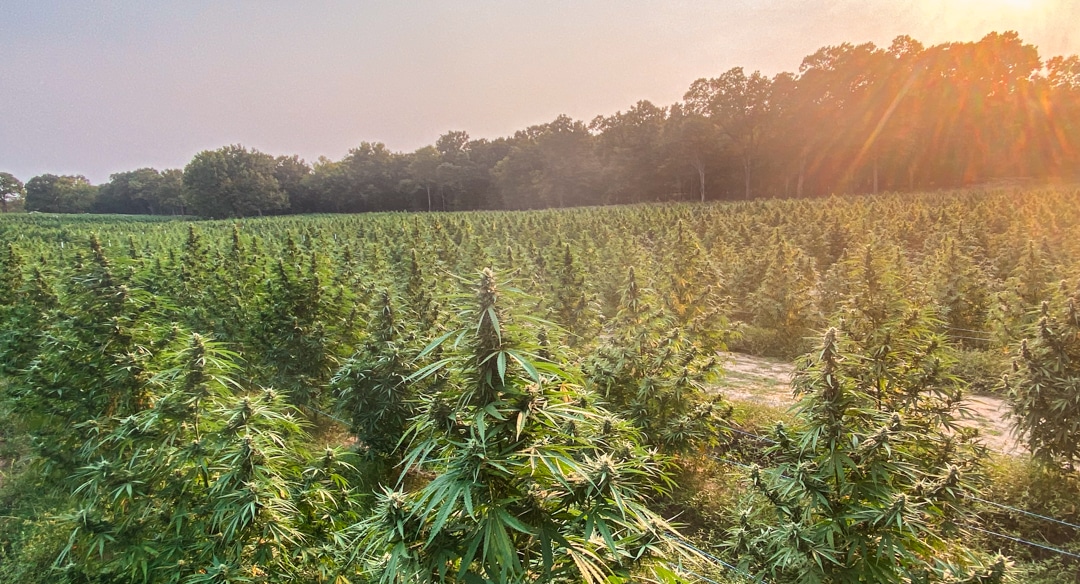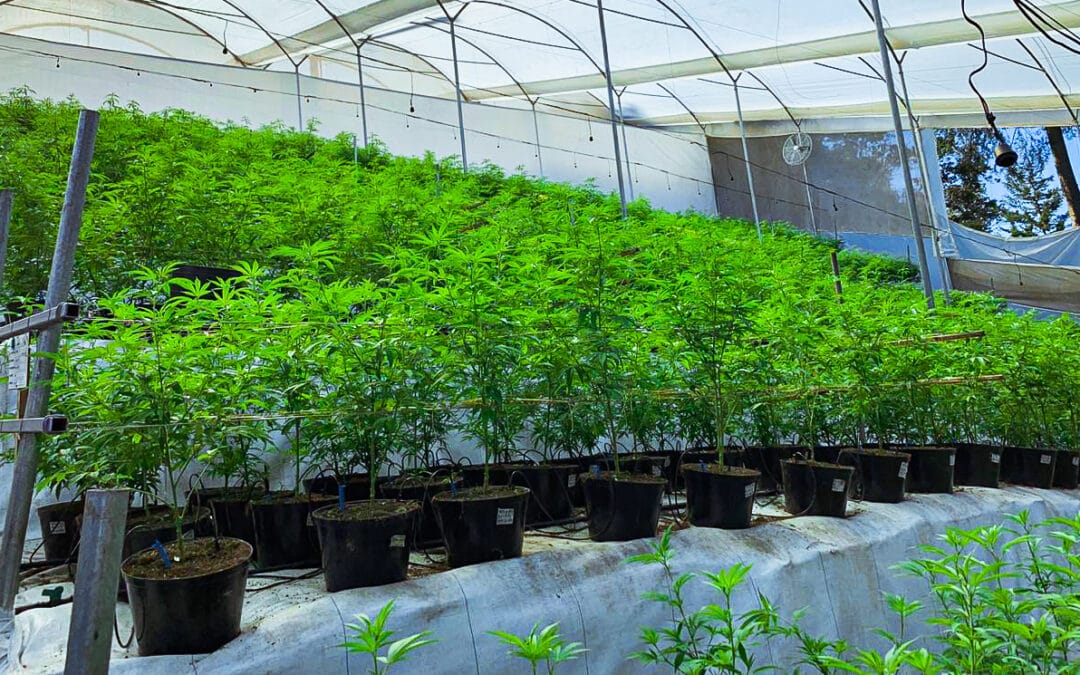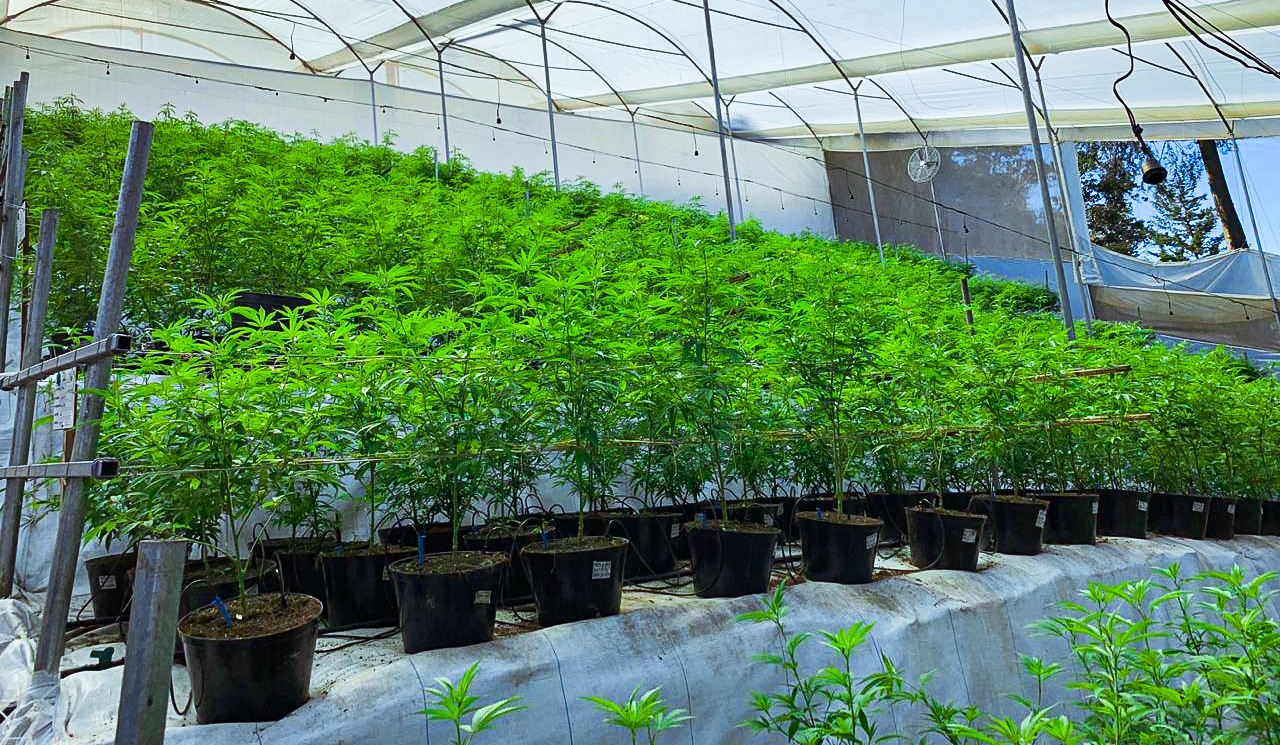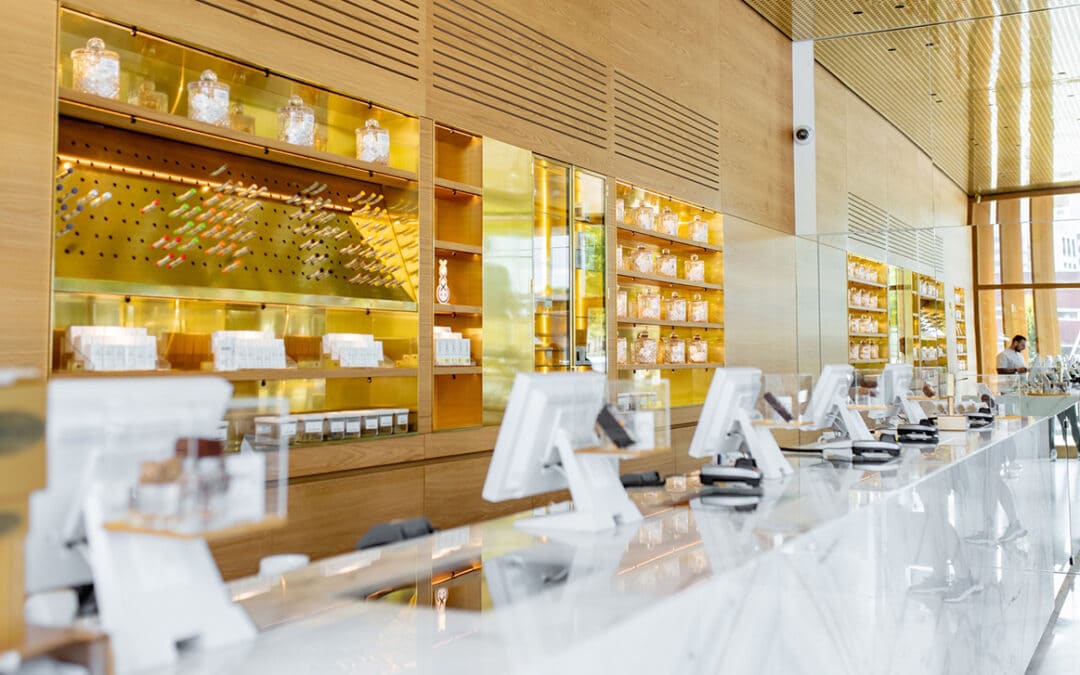
No limit on New Mexico cannabis licenses leads to hundreds of applications
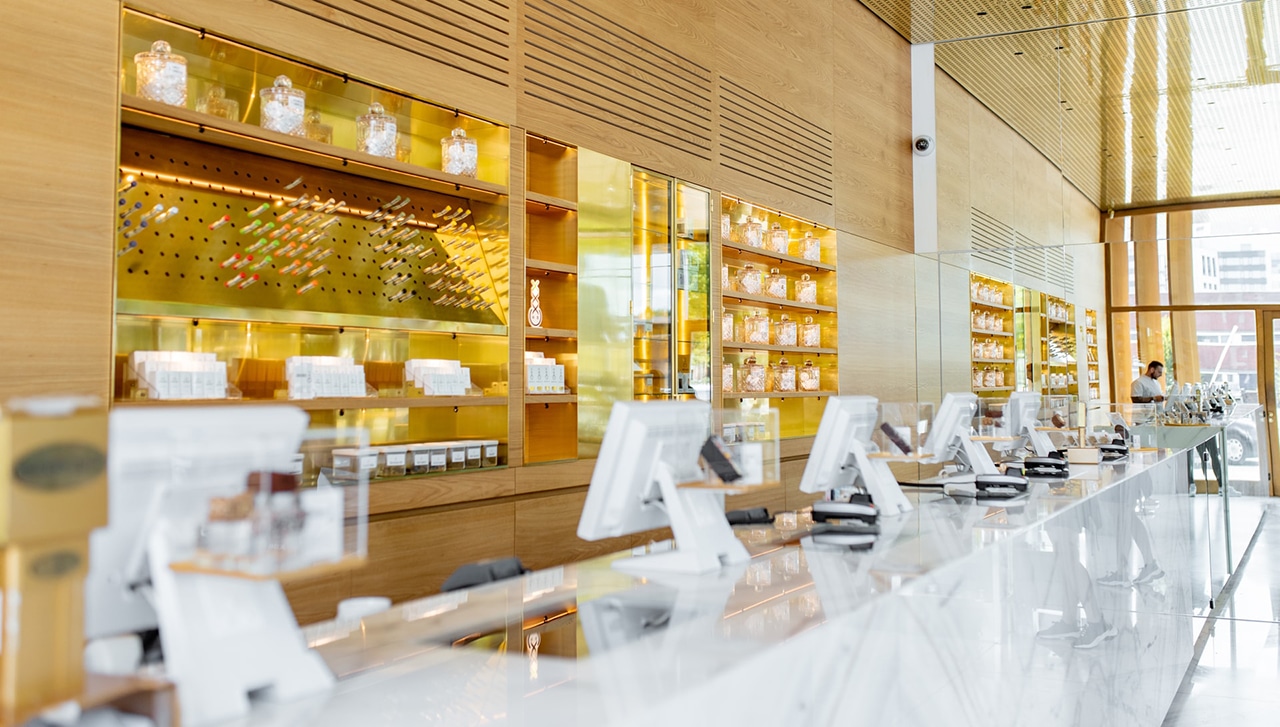
You’re starting to see them pop up across New Mexico and they can’t even open yet.
The Cannabis Control Division received the first retail applications on Monday, December 6, 2021. Entrepreneurs can open their doors on April 1, 2022, with an approved license.
“There’s no limit to the amount of licenses that can be issued as long as they’re able to meet the law in the Cannabis Regulation Act and the rules and requirements set forth by the Division and the Department,” explained Victor Reyes, Deputy Superintendent of the Regulation & Licensing Department.
No limit means the Cannabis Control Division can approve countless retail licenses and New Mexicans could theoretically see pot shops on every street across the state. “We have so much interest in our in, in folks who are applying to be part of this industry,” Reyes said. “And that’s because it’s an industry like none other.”
Going off the state’s website, KRQE plotted every address in Albuquerque where retail license applicants are hoping to open a shop come April 1. So far, there are more than 80 of them.
While a lot of people see the new industry as a positive for New Mexico, not everyone wants it moving in next door. “I’m not really for the recreational,” Laurel Kehoe said. And, she has her reasons. Her family’s optical clinic butts up to a shopping center on Montgomery that used to house a medical marijuana shop. She said it had its problem.
“They kept getting broken into,” Kehoe explained. “They also got held at gunpoint.” That prompted the Kehoes to take extra security measures for their employees and patients. She said they are always armed and even installed a gate around the perimeter.
The shop closed a while back, but now there’s an application in to turn the vacant business into a recreational cannabis shop. Kehoe said they’re “not thrilled,” but she’s aware they don’t have a choice. “We have no control over what’s going to go in next to us,” she commented.
The Cannabis Regulation Act gives every local government the discretion to choose where a pot shop can be located. Specific to Albuquerque, recreational cannabis can’t be sold within 300 feet of a school or daycare and shops have to be 600 feet apart from each other.
“We don’t want concentrations of certain businesses in certain places,” Albuquerque City Councilor Isaac Benton said. He explained the City has that rule for liquor stores too. But looking through applications, KRQE found several addresses close together which may violate that rule. Benton just introduced a resolution to Council clarifying that the first applicant gets dibs.

